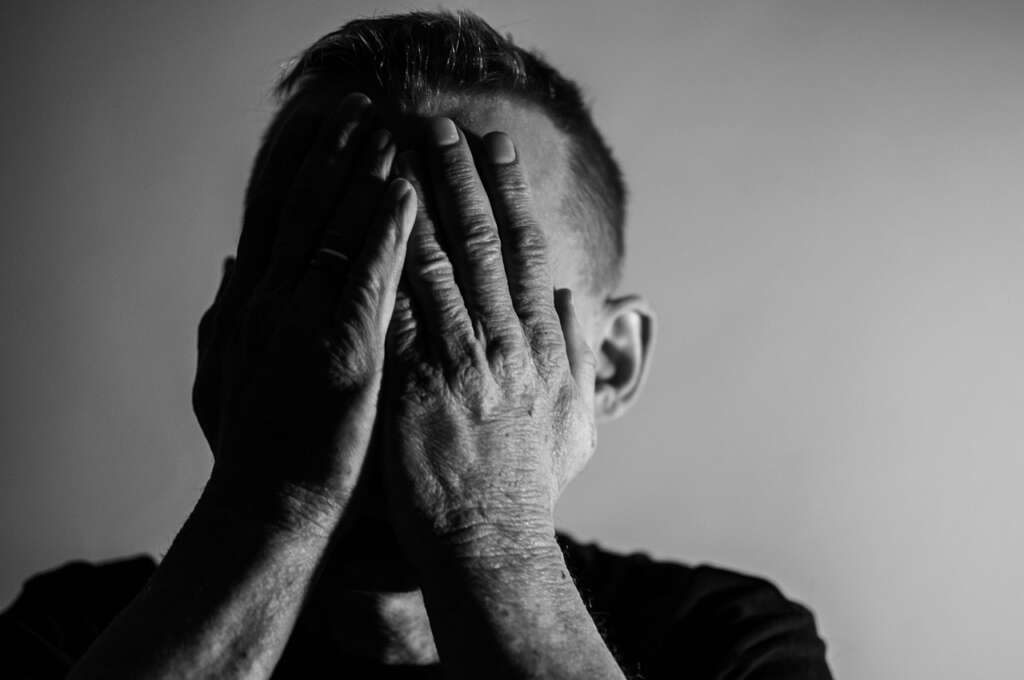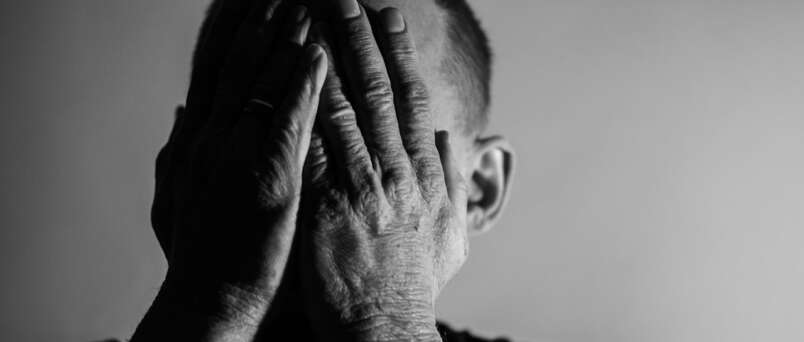Mental Health Treatment is Always Okay
Ever felt a wave of sadness that doesn’t seem to ebb? Or a lingering anxiety that just won’t go away? We all have our highs and lows, but sometimes it’s more than just a passing phase. It’s a call for help. So, how do you know when it’s time to seek professional aid?

Signs That It’s Time
- Drastic Changes in Behavior
Imagine being an avid painter, and one day, you just don’t feel the brush’s allure anymore. Or perhaps, your once-beloved morning runs now seem like torture. Drastic behavioral changes can indicate an underlying issue.
- Persistent Sadness or Hopelessness
Feeling like you’re stuck in an emotional rainstorm without an umbrella? It’s natural to have blue days. But when they stretch into weeks or months, it’s a sign.
- Isolation from Social Circles
Ever found comfort in your solitude a bit too often? While introspection is key, completely pulling away from friends and family might signal a deeper problem.
- Sleep Disturbances
Remember those childhood days when sleep was peaceful? If those are long gone and replaced by insomnia or oversleeping, it’s time to reflect.
Why Mental Health Treatment Matters
- The Brain-Body Connection
Think of your brain as the control center and your body as the machinery. When the center malfunctions, won’t the machinery falter? Poor mental health doesn’t just affect the mind. It’s a body game too.
- Social Implications
Humans are social beings. Can you recall the joy of sharing a laugh with a friend? Poor mental health can rob you of these simple joys, creating a ripple in your social circle.
Common Myths About Therapy
- “Only Weak People Need Therapy”
Ever heard of the saying, “It’s okay not to be okay?” Seeking help isn’t a sign of weakness. In fact, it’s an act of courage. Remember the last time you learned something new and sought help? It’s the same with mental health.
- “Therapists Have All the Answers”
Contrary to popular belief, therapists don’t have a magic ball. Instead, they have tools and techniques to help you find your answers.
Seeking the Right Therapist
- Understanding Different Therapies
Just like how no two snowflakes are the same, no two therapies are identical. It’s all about finding what suits you. Ever tried on shoes? It’s just like that!
- Taking the First Step
Remember the baby steps you took as a child? Seeking therapy is just like that. A small step, with massive implications.
Conclusion
There’s no clock that ticks, signaling it’s time for therapy. It’s all about recognizing the signs and being proactive. After all, isn’t our mental well-being just as crucial as physical health?
FAQs
- How do I find the right therapist for me?
Just like finding the perfect pair of jeans, it might take some trying on. Research, referrals, and initial consultations can help. - Isn’t therapy expensive?
Costs vary, but many therapists operate on sliding scales. There are also many community resources available. - How long does therapy usually last?
It’s like asking, “How long is a piece of string?” It varies per individual and their needs. - Can I do therapy online?
Absolutely! Teletherapy has grown, especially in recent years. It’s all about finding what’s comfortable for you. - What if I start therapy and don’t feel it’s helping?
Communication is key. Discuss your feelings with your therapist, and if needed, seek another perspective.
- Alcoholics Anonymous (AA): Website: https://www.aa.org/
- Narcotics Anonymous (NA): Website: https://www.na.org/
- Cocaine Anonymous (CA): Website: https://ca.org/
- Gamblers Anonymous (GA): Website: https://www.gamblersanonymous.org/
- Overeaters Anonymous (OA): Website: https://oa.org/
- Debtors Anonymous (DA): Website: https://debtorsanonymous.org/
- Sex Addicts Anonymous (SAA): Website: https://saa-recovery.org/
- Emotions Anonymous (EA): Website: https://emotionsanonymous.org/
- Al-Anon Family Groups: Website: https://al-anon.org/
- Adult Children of Alcoholics (ACA): Website: https://adultchildren.org/
These resources provide information, support, and access to meetings for various 12 Step Programs. Whether you or someone you know is struggling with addiction, these organizations can provide guidance, fellowship, and a structured program for recovery.
If you or someone you know is struggling with addiction in New Jersey, don’t hesitate to reach out for help. Call More Life Recovery Center at 1-888-825-8689 to speak with our compassionate team of professionals. We are dedicated to providing personalized treatment and support on your journey to recovery. For more information about our center and the services we offer, visit moreliferecoverycenter.com. Remember, you don’t have to face addiction alone. Help is just a phone call away.

